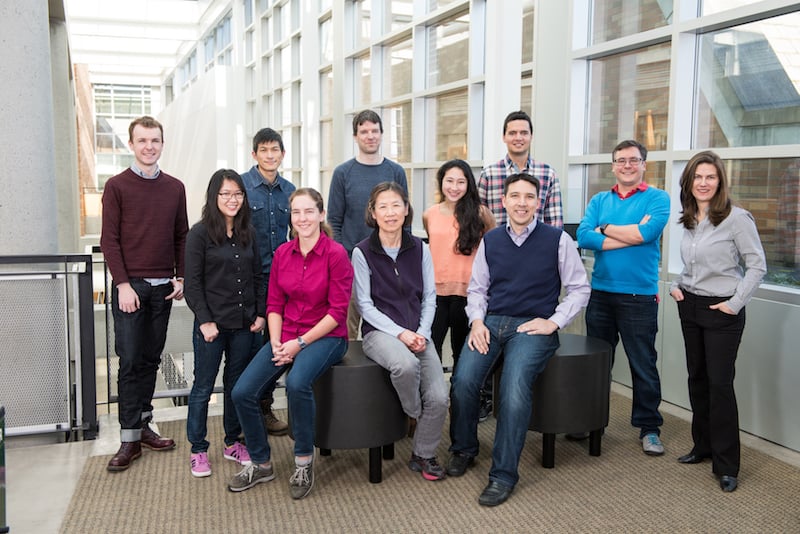Microsoft, Researchers Unveil Tens of TBs of Data Stored on DNA
2 min. read
Published on
Read our disclosure page to find out how can you help MSPoweruser sustain the editorial team Read more

Microsoft has partnered with the researchers at University of Washington to develop one of the first complete storage systems to house digital data in DNA. The supposed storage system will have random-access readability and error correction protocols that are required for real-world applications.
In a press release, the company Luis Ceze, UW associate professor of computer science and engineering said, “Life has produced this fantastic called DNA that efficiently stores all kinds of information about your genes and how a living system works. It’s very, very compact and very durable. We’re essentially repurposing it to store digital data, pictures, videos, documents, in a manageable way for hundreds or thousands of years.”
In short, the team of bioengineers and computer science and electronic engineers were able to find the technology to encode data from four image files into the what they are referring to as nucleotide sequences of synthetic DNA snippets. This was supposedly possible by converting the long strings of 1s and 0s in digital data into the four building blocks of the DNA sequence — adenine, guanine, cytosine and thymine. According to the researchers, they were also able to reverse the process and correctly validate the data without losing a single byte of information.
A report on NYTimes last year noted that these storage-laced DNA molecules can keep the data intact for centuries — which is far more than what you expect from compact disks and SSDs.
Now that they have figured out the technology, the next challenge for the two parties is to make it affordable to people. Which they will be working on for presumably next few years. You can read more about the science here.









User forum
4 messages